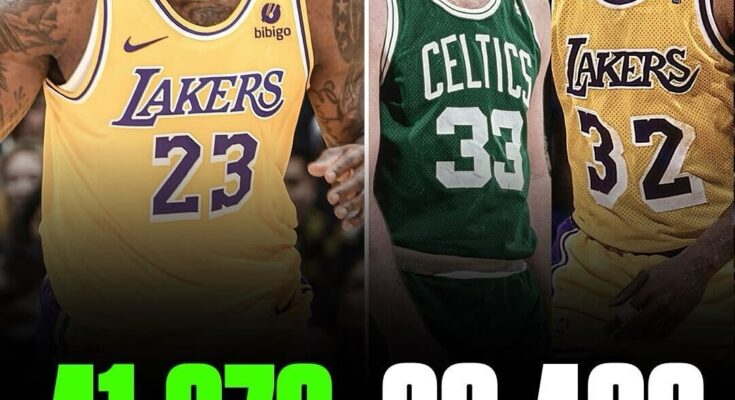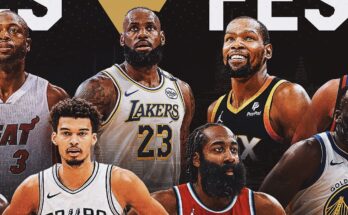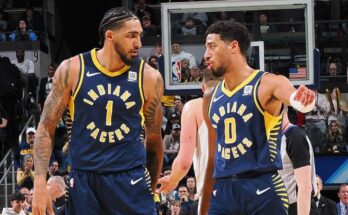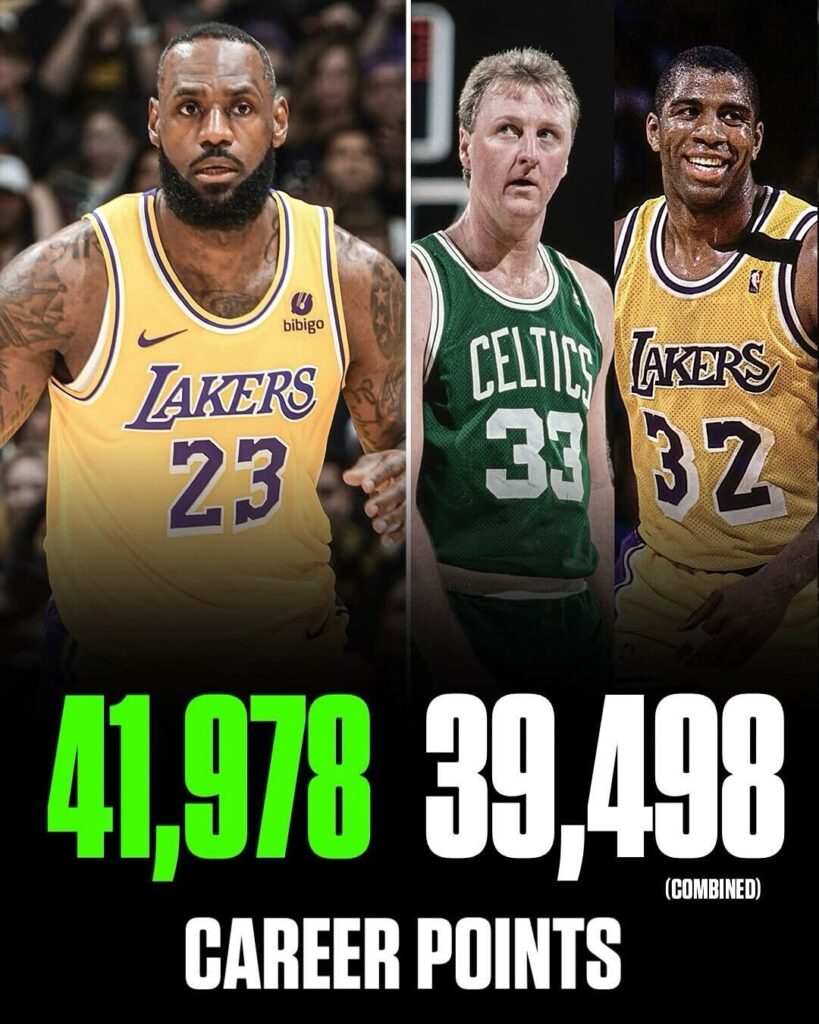
LeBron James has defied Father Time in a way that no other athlete in NBA history has. At 39 years old and in his 21st season, he’s still playing at an elite level, putting up numbers that rival those of his prime years. Most players begin to slow down by their mid-30s, yet LeBron continues to dominate, rewriting the definition of longevity in professional basketball.
A Career Like No Other
LeBron’s journey began in 2003 when he entered the NBA as an 18-year-old phenom straight out of high school. From the moment he stepped on an NBA court, it was clear he was different. He had the size of a power forward, the athleticism of a shooting guard, and the vision of a point guard. His impact was immediate, winning Rookie of the Year and quickly establishing himself as one of the best players in the league.
Fast forward two decades, and LeBron remains at the top of his game. Most players from his draft class have either retired or seen a significant decline in performance, but LeBron continues to produce All-Star numbers. He’s not just a veteran hanging on—he’s still one of the best players in the world, capable of dropping 30 points, grabbing double-digit rebounds, and dishing out highlight assists on any given night.
How Has He Maintained His Greatness?
The secret to LeBron’s longevity isn’t just luck—it’s a combination of elite training, discipline, and an unparalleled basketball IQ.
1. Investing in His Body
LeBron reportedly spends over $1.5 million per year on body maintenance, including personal trainers, chefs, cryotherapy, and hyperbaric chambers. His dedication to recovery has allowed him to stay at peak performance longer than anyone expected.
Unlike other stars who rely purely on athleticism, LeBron has adapted his game as he’s aged. While he was once known for explosive dunks and high-speed drives to the basket, he has incorporated a refined post game, a more consistent three-point shot, and an ability to dictate the pace of the game without always relying on raw speed.
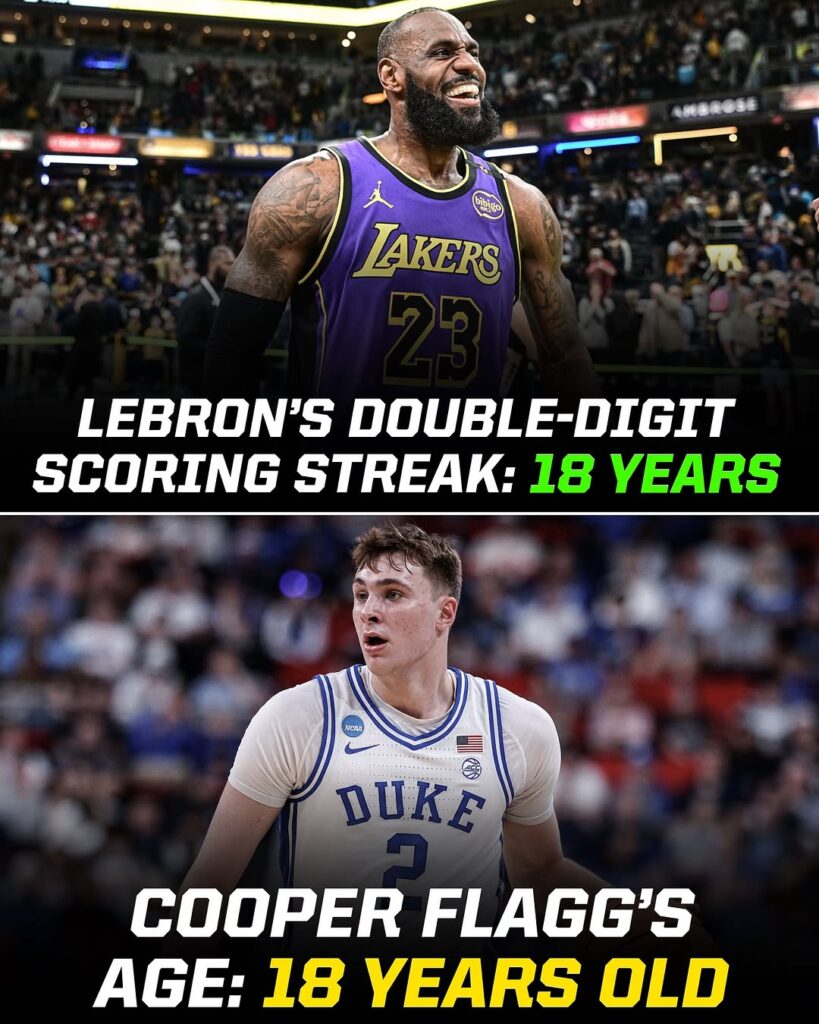
2. Evolution of His Game
As a young player, LeBron relied on his athleticism to overpower defenders. Now, he uses his skill, experience, and basketball IQ to remain dominant. He can play any position on the floor, from point guard to power forward, and can take over a game in multiple ways.
His ability to read defenses and anticipate plays has only improved with time, making up for any slight decline in his athleticism. He understands how to conserve energy, picking his spots instead of playing with constant explosiveness like he did in his early years.
3. Mindset and Work Ethic
Beyond physical attributes, LeBron’s mental approach to the game has been just as crucial to his longevity. His commitment to excellence, willingness to adapt, and relentless work ethic have allowed him to stay relevant in a league that constantly evolves.
Many players lose motivation after winning championships or achieving personal accolades, but LeBron remains as driven as ever. Whether it’s competing for another ring or breaking records, he continues to set new goals for himself.
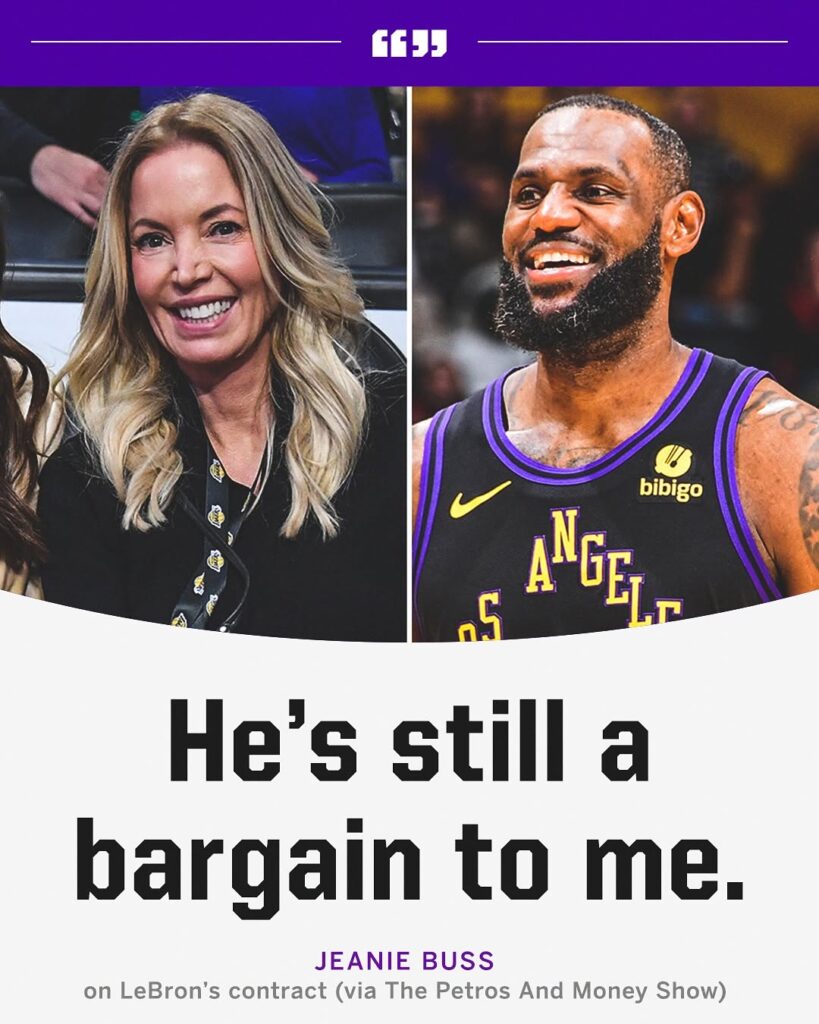
Records and Milestones
LeBron’s longevity isn’t just about playing for a long time—it’s about playing at an elite level throughout. Over the years, he has shattered records that were once thought to be untouchable:
- All-Time Leading Scorer: LeBron surpassed Kareem Abdul-Jabbar as the NBA’s all-time leading scorer, a record that stood for nearly 40 years.
- Most Playoff Points: No one has scored more points in the postseason than LeBron, proving his ability to step up when it matters most.
- First Player to Reach 40,000 Points (Soon): With each game, LeBron inches closer to hitting 40,000 career points—an unheard-of milestone.
- Multiple Championships and MVPs: With four NBA titles and four MVP awards, he has solidified his place among the all-time greats.
Outlasting His Peers
LeBron entered the NBA when Kobe Bryant, Tim Duncan, and Kevin Garnett were in their prime. He’s still playing long after they’ve retired. He’s competed against three different generations of players—battling legends like Shaquille O’Neal and Dirk Nowitzki in his early years, clashing with superstars like Kevin Durant and Stephen Curry in his prime, and now going up against rising stars like Victor Wembanyama and Anthony Edwards.
The fact that he’s been dominant in multiple eras is a testament to his greatness. While most legends fade away, LeBron continues to evolve and thrive.
How Long Can He Keep Going?
LeBron has often stated that he wants to play long enough to share the court with his son, Bronny James. If that happens, it would mark the first time in NBA history that a father and son have played in the league at the same time.
Even beyond that goal, LeBron has shown no signs of slowing down. His current level of play suggests he could remain in the NBA for another three to five years if he chooses. Given his track record of defying expectations, it wouldn’t be surprising to see him competing well into his 40s.
The Legacy of Longevity
LeBron James has already secured his place among the greatest players in basketball history, but his longevity might be his most impressive achievement. To dominate the game for over two decades, to still be an MVP-caliber player in Year 21, and to continuously adapt and evolve—this is what separates him from everyone else.
Basketball fans should appreciate every moment he’s still on the court because players like LeBron don’t come around often. His legacy isn’t just about talent or championships—it’s about redefining what’s possible in sports longevity.
🤯 SWIPE to relive some of LeBron’s greatest moments from the past 21 seasons!
